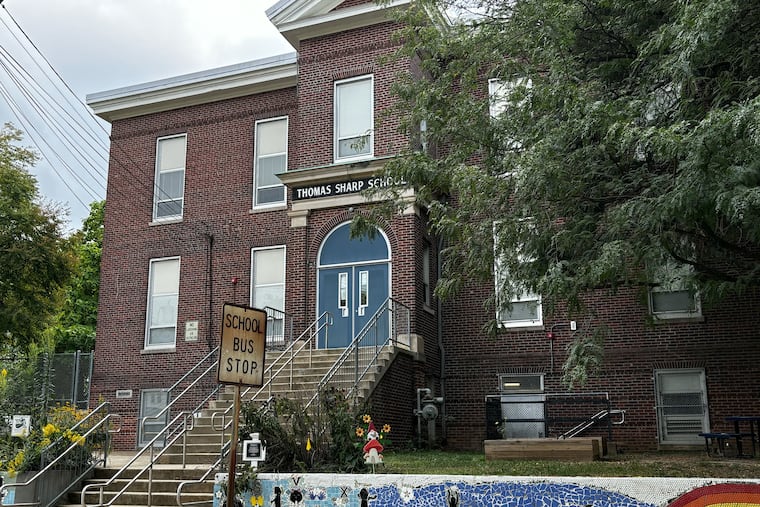Collingswood voters overwhelmingly rejected $44.5 million school bond referendum. What’s next?
District officials plan to analyze the results of the bond referendum vote and determine the next steps to address long-standing racial inequities.

Collingswood voters overwhelmingly rejected a $44.5 million school bond referendum Tuesday, the largest in its history, a setback for a plan by the district to bridge racial disparities in the South Jersey school system.
In preliminary unofficial results, the measure was defeated 2,577-1,107, the district said in a statement. Some provisional and mail-in ballots were still being counted, but those votes were not expected to change the outcome.
“This is what democracy looks like,” Superintendent Fred McDowell said Wednesday. “The will of the people is the will of the people.”
McDowell said district officials plan to analyze the results and determine the next steps to address long-standing racial inequities and low academic performance. It may require policy and structural changes to break up concentrations of economically disadvantaged students, he said.
“When we say we want our schools to be inclusive, we can’t just say that,” McDowell said. “We have to figure out a way that all young people in the community’s needs are being met.”
Collingswood voters have not approved a school bond referendum in nearly 20 years, when a $30 million proposal was passed in 2005, said resident Bruce Smith. A $13.7 million bond proposed in 2018 to replace an antiquated sports stadium, to put in a turf field and a six-lane track, and to install new playground surfaces at all schools was rejected.
“It’s just not something we do. As a town we don’t financially invest in schools,” said Smith, a father of two who supported the referendum. If approved, it would have added about $480 annually in taxes over 30 years for a home assessed at the borough average of $232,569, according to the district.
An uphill battle
Under the latest proposal, the district wanted to reconfigure the structure of its seven schools and make changes at Thomas Sharp Elementary School, which has the largest concentration of economically disadvantaged students. Those students have lagged academically compared with their counterparts in other neighborhood elementary schools.
The district planned to decommission Sharp and James Garfield Elementary, both more than a century old. The referendum called for selling Garfield, acquiring the Good Shepherd Catholic School, and converting it to an upper elementary school to enroll all fourth and fifth graders.
If approved, the referendum would have provided financing for additional spaces for students with disabilities, and upgraded athletic facilities at the high school and middle school, including new fields, a new track, new grandstand bleachers, and concession stands. Collingswood enrolls about 2,300 students.
With opinions running strong in the Camden County community of about 14,000, the bond referendum faced an uphill battle. Mayor James Maley opposed the school closings, saying borough officials were not included in the process, and drafted a counterproposal.
“Thank goodness it’s over,” Maley said Wednesday. “Now, let’s figure it out. I’m hoping we can engage in a better process.”
McDowell said a decision has not been made on whether to consider proposing another referendum. Any major changes would occur at the beginning of the 2025 school year and likely require budget changes, he said, adding: “It’s time to move on.”
Collingswood was among 14 districts around the state that held special elections Tuesday to consider school construction projects totaling more than $584.2 million, according to the New Jersey School Boards Association. Six passed, seven were rejected, and results were pending for one in Northfield, Atlantic County.
The special election is one of five times during the year that New Jersey school boards may ask voters to approve a bond issue or special question. The referendum questions allow districts to raise property taxes to pay for projects that cannot readily be funded through their annual operating budgets.